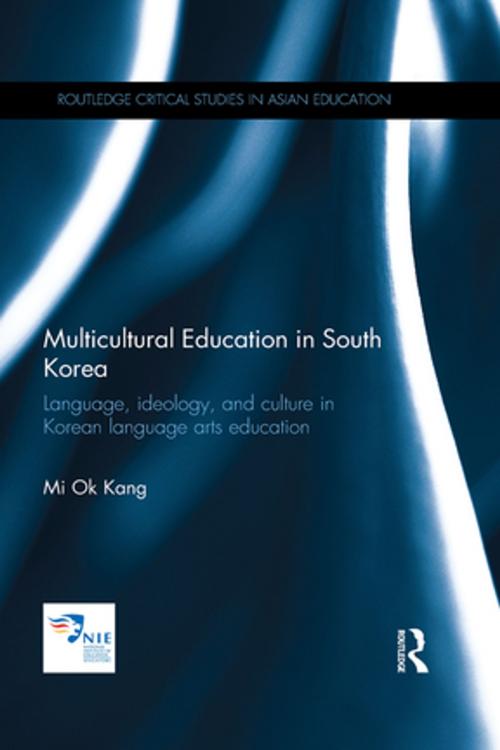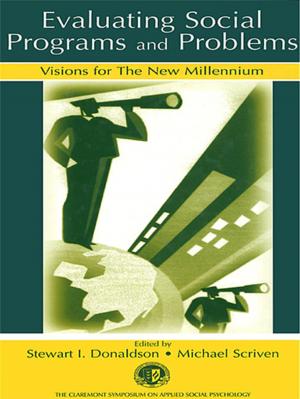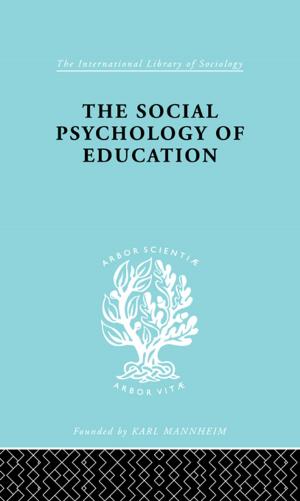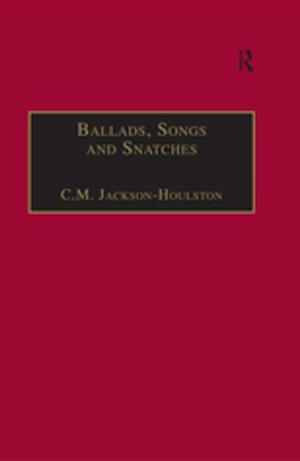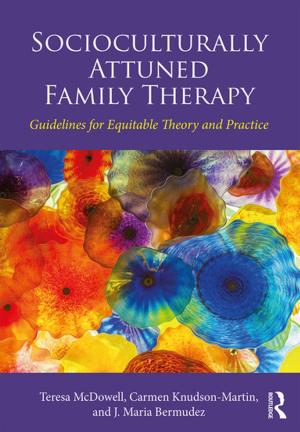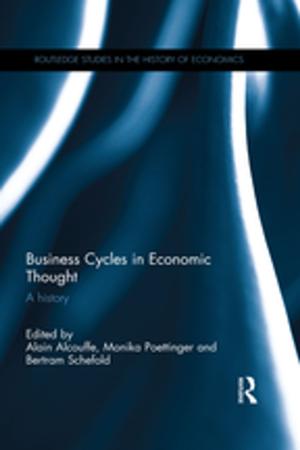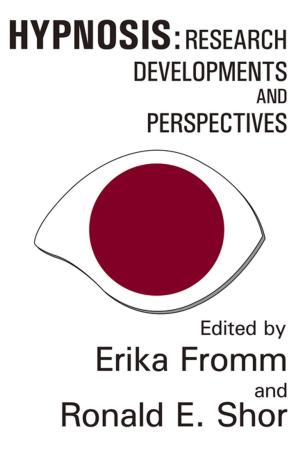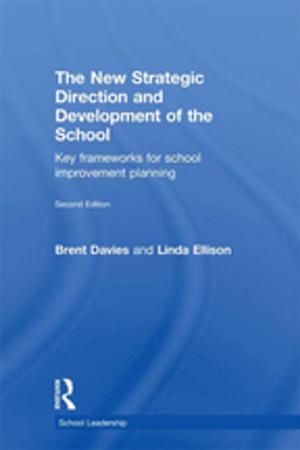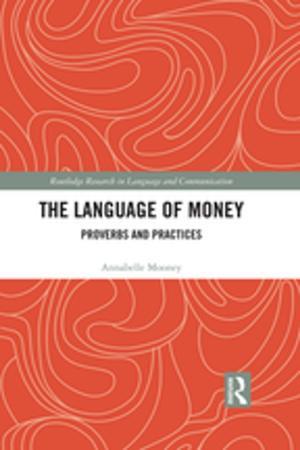Multicultural Education in South Korea
Language, ideology, and culture in Korean language arts education
Nonfiction, Reference & Language, Education & Teaching, Educational Theory, Multicultural Education, Educational Reform, Social & Cultural Studies, Social Science| Author: | Mi Ok Kang | ISBN: | 9781317803690 |
| Publisher: | Taylor and Francis | Publication: | November 13, 2014 |
| Imprint: | Routledge | Language: | English |
| Author: | Mi Ok Kang |
| ISBN: | 9781317803690 |
| Publisher: | Taylor and Francis |
| Publication: | November 13, 2014 |
| Imprint: | Routledge |
| Language: | English |
This book examines the political, ideological, and socio-cultural politics underlying the 2009 National Multicultural Curriculum Reform and recent multicultural education policies in South Korea. Unlike the conservative groups in Western countries who argue that supporting cultural diversity and the cultural rights of minority groups balkanizes ethnic differences and divides the community, the New Rights and the conservative groups in South Korea have been very supportive of multicultural discourses and practices and have created many multicultural policy agendas geared toward ushering in what have they called "the multicultural era."
Through the Critical Discourse Analysis (CDA) of government multicultural policy documents, a range of media sources, the 2009 national curriculum reform policy documents, and the 200 Korean language arts textbooks from 23 textbook publishers, Multicultural Education in South Korea: Language, ideology, and culture in Korean language arts education examines how the conservative Korean government’s interpretation and practices of multiculturalism have been infiltrated and challenged by progressive and migrant-led agents/agencies. The analysis of academic, official, and popular discourses on migrant Others is focused on, but not limited to:
-
"The multicultural era" and struggles for hegemonic power;
-
Politics of multicultural knowledge control in education and society;
-
Formation of discourses on multicultural society and multicultural education;
-
Examining the national curriculum: The politics of representing migrant Others; and
-
The hidden curriculum of multicultural education: Limitations and possibilities.
The author’s insightful discussion on the politics of knowledge, education, and teaching in multicultural societies will prove particularly useful to policy makers, think-tank officials, and academic scholars in education.
This book examines the political, ideological, and socio-cultural politics underlying the 2009 National Multicultural Curriculum Reform and recent multicultural education policies in South Korea. Unlike the conservative groups in Western countries who argue that supporting cultural diversity and the cultural rights of minority groups balkanizes ethnic differences and divides the community, the New Rights and the conservative groups in South Korea have been very supportive of multicultural discourses and practices and have created many multicultural policy agendas geared toward ushering in what have they called "the multicultural era."
Through the Critical Discourse Analysis (CDA) of government multicultural policy documents, a range of media sources, the 2009 national curriculum reform policy documents, and the 200 Korean language arts textbooks from 23 textbook publishers, Multicultural Education in South Korea: Language, ideology, and culture in Korean language arts education examines how the conservative Korean government’s interpretation and practices of multiculturalism have been infiltrated and challenged by progressive and migrant-led agents/agencies. The analysis of academic, official, and popular discourses on migrant Others is focused on, but not limited to:
-
"The multicultural era" and struggles for hegemonic power;
-
Politics of multicultural knowledge control in education and society;
-
Formation of discourses on multicultural society and multicultural education;
-
Examining the national curriculum: The politics of representing migrant Others; and
-
The hidden curriculum of multicultural education: Limitations and possibilities.
The author’s insightful discussion on the politics of knowledge, education, and teaching in multicultural societies will prove particularly useful to policy makers, think-tank officials, and academic scholars in education.
